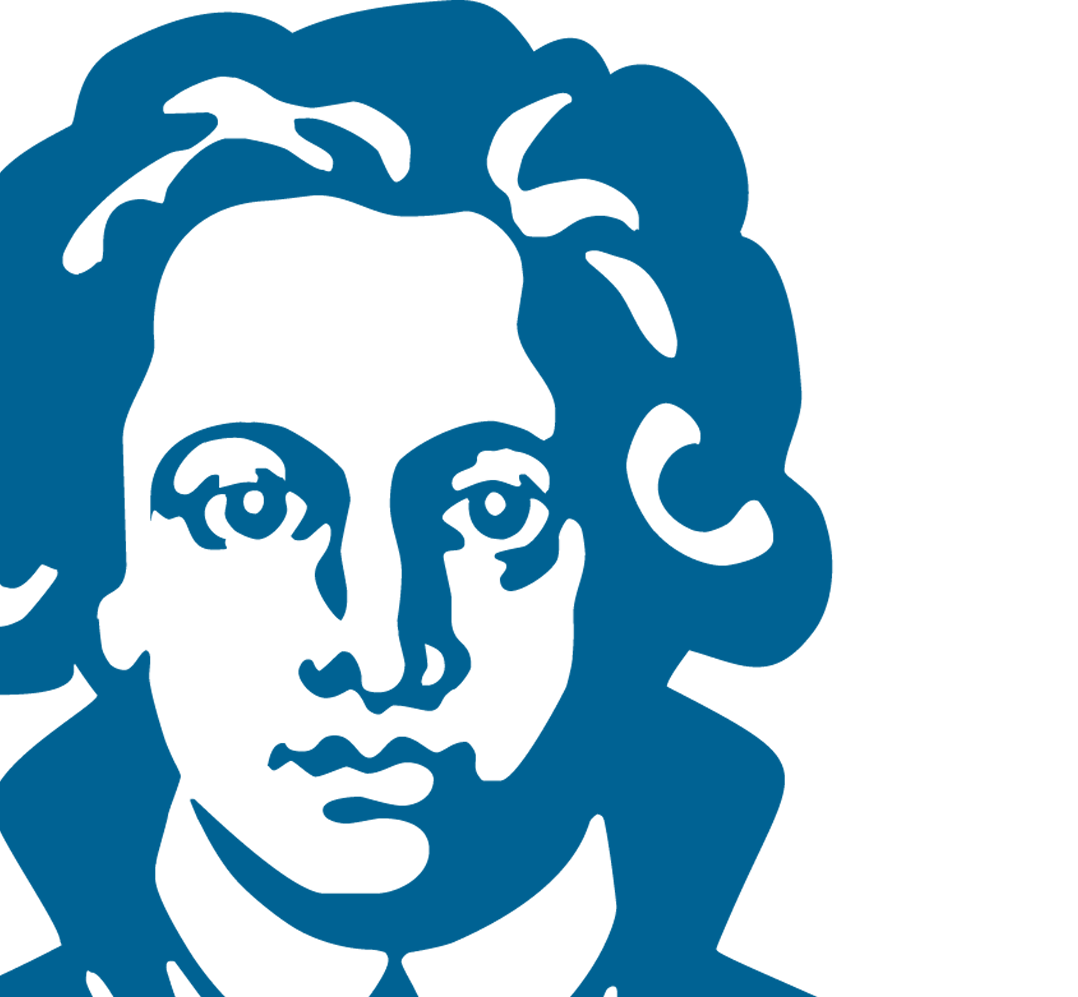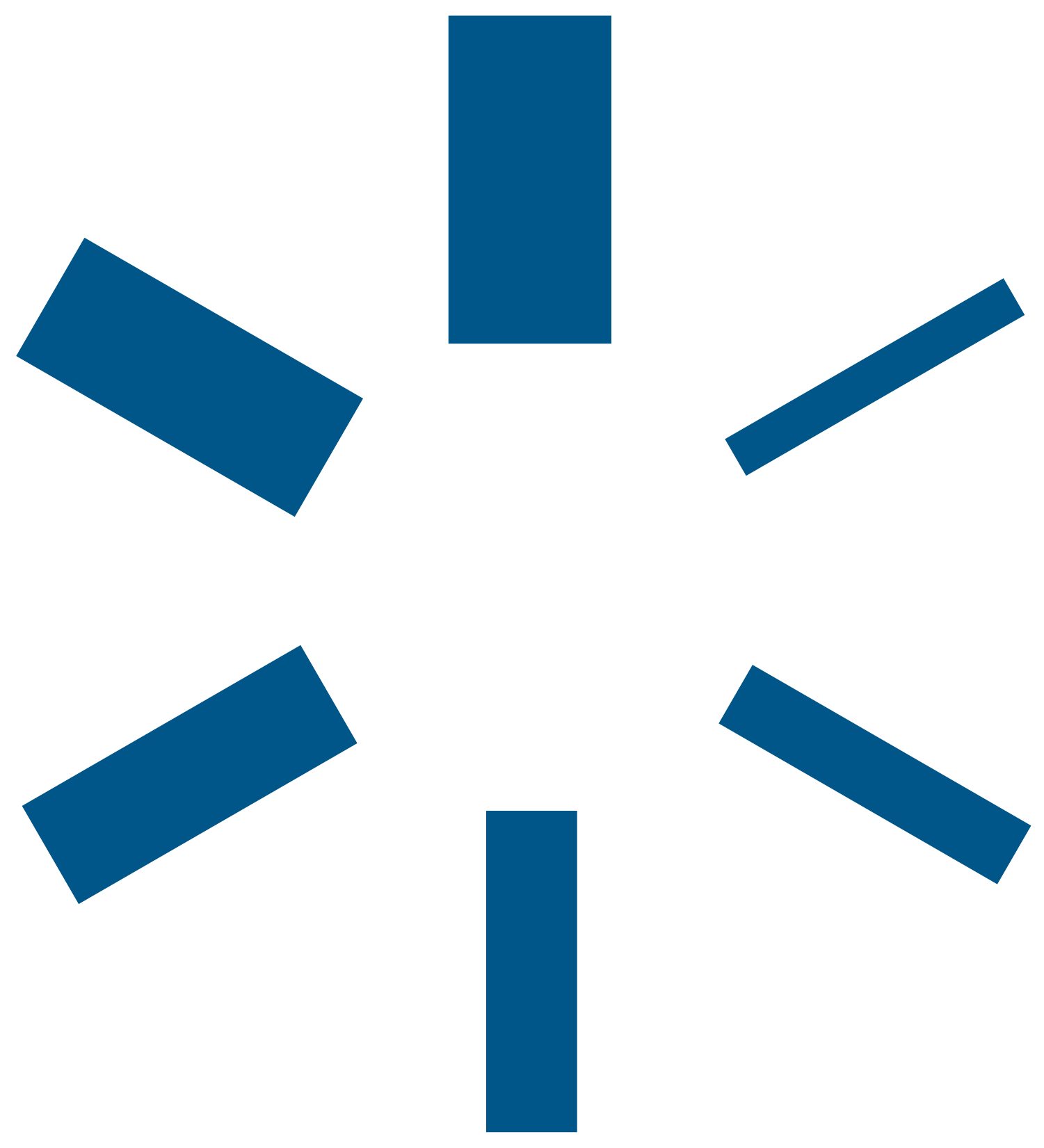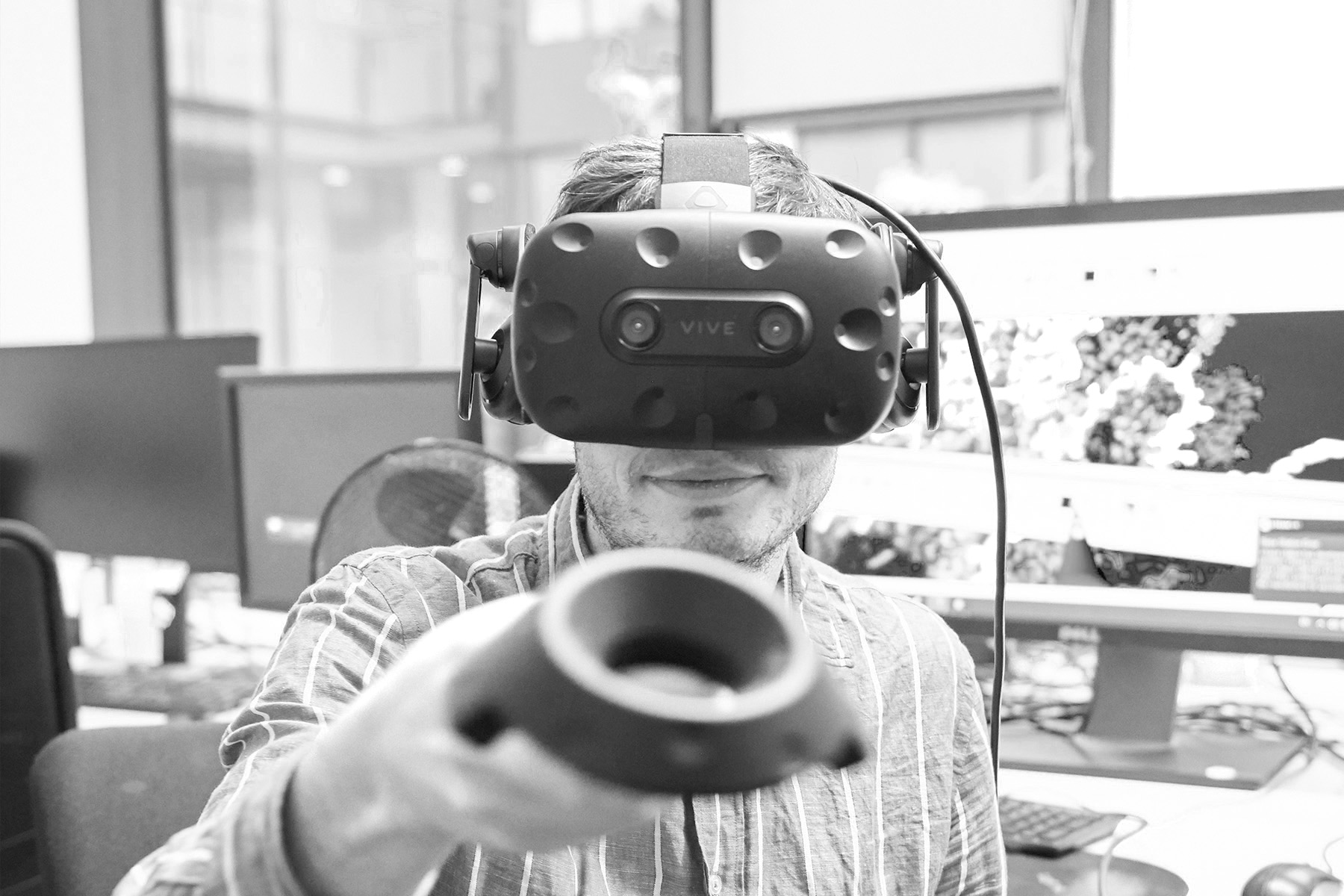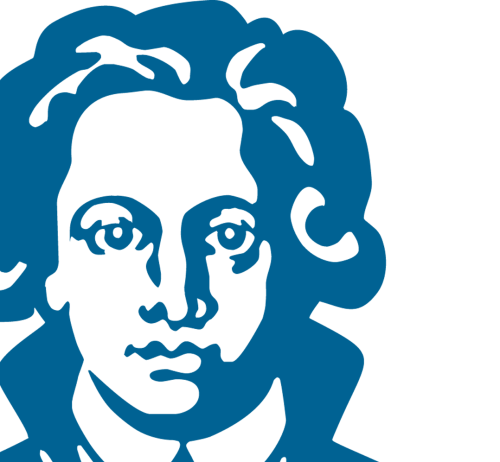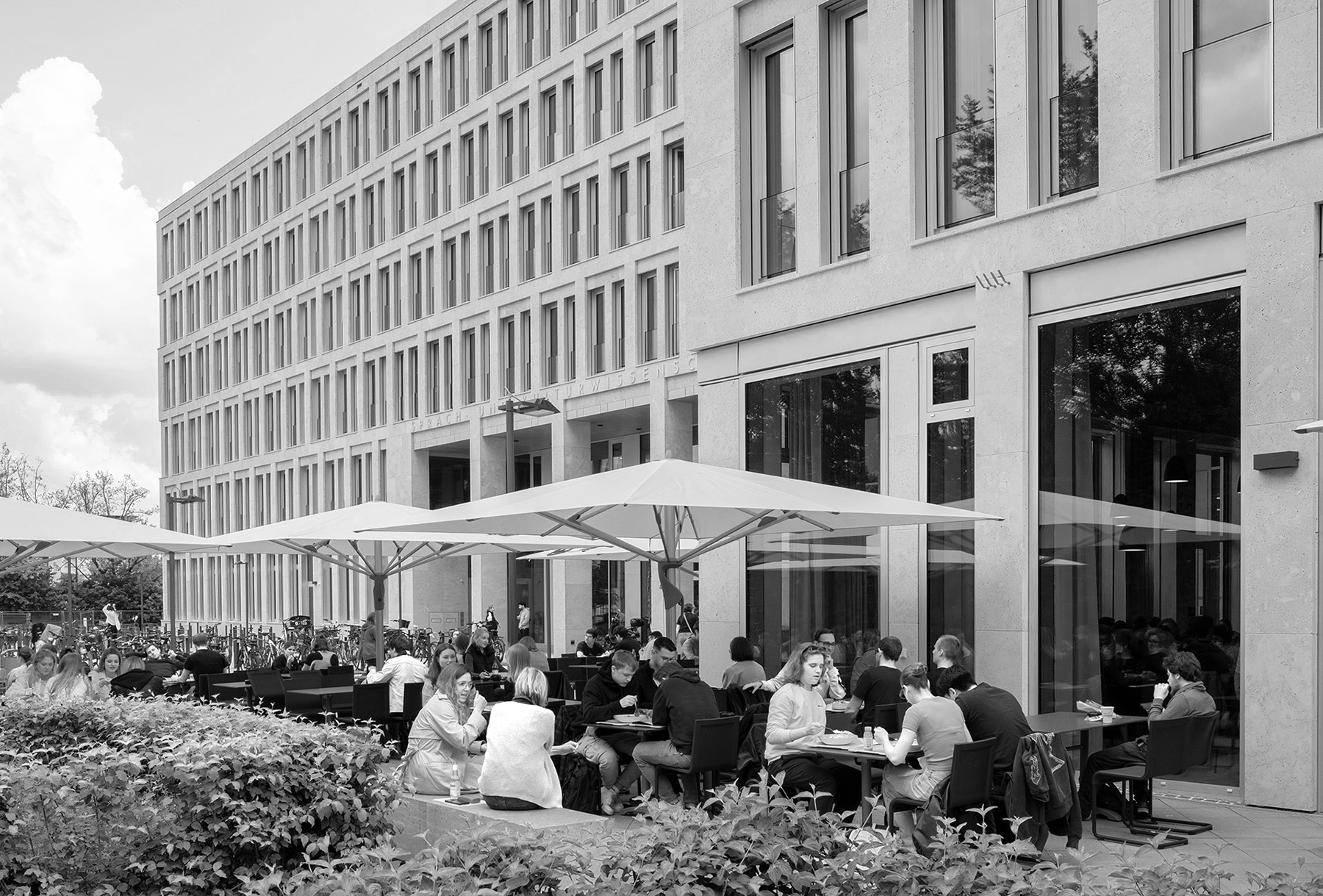Prof. Enrico Schleiff, President of Goethe University Frankfurt
Dear friends,
dear Goethe University community,
2022 was a challenging year. Having only just begun to gradually return to a new form of normality after the coronavirus pandemic, the Russian war of aggression against Ukraine presented us with new challenges. To help those who fled the fighting, we offered support to students and researchers by means of scientific collaborations as well as the centrally established Goethe Ukraine Fund. We enabled hundreds of high school students from Ukraine to take their final exams virtually – and thanks to the support of our sponsors, were able to do so with a very short lead time and no bureaucratic hurdles. Faced with a looming energy shortage, we also implemented several short-term energy-saving measures.
2022 was also the year in which the UN Climate Change Conference in Egypt once again drew attention to the inevitable consequences of climate change and the losses and damages caused by global warming. The issue can no longer be ignored! We at Goethe University Frankfurt have set ourselves the goal of incorporating sustainability into all our areas of activity and taking appropriate measures in the medium term. A key interface here is the Sustainability Office, newly established in 2022...
Another piece of news that, in retrospect, can be considered groundbreaking came just before the end of the year: the launch of the ChatGPT chatbot. Artificial intelligence is rapidly finding its way into our everyday lives; the pace of digitalization is accelerating, including in research and education. In 2022, Goethe University Frankfurt gained Ulrich Schielein as Chief Information Officer, thereby undertaking a clear programmatic commitment to digitalization. In making our CIO a full-time vice president as well, we are giving particular weight to our university’s digital strategy.
Many of the projects presented in our yearbook – from research to teaching and studies, campus and interaction – deal with the challenges of our time. In addition to the aforementioned, this also includes the crisis of legitimacy experienced by liberal democracy. These projects and others not only specifically formulate questions for the future. They also outline innovative ideas for responsible action, with the overarching goal of delivering knowledge for development, sustainability and equity in the 21st century. This is what our researchers work on in regional and international networks and as part of a committed dialog with partners from science, business, politics, civil society and culture, particularly within the strategic Rhine-Main Universities (RMU) alliance.
We would like to welcome you to join us on this journey. Our web magazine provides you with daily news, our publications Forschung Frankfurt and UniReport offer in-depth insights into the quality of our research and life at our foundation university, while our social media channels draw attention to all the big and small events that move us. In addition, it would be our pleasure to welcome you at one of our many events, for example as part of our Bürger-Universität (Citizens' University) initiatives.
I wish you much joy and inspiration with this 2022 review,
Yours,
Prof. Enrico Schleiff
